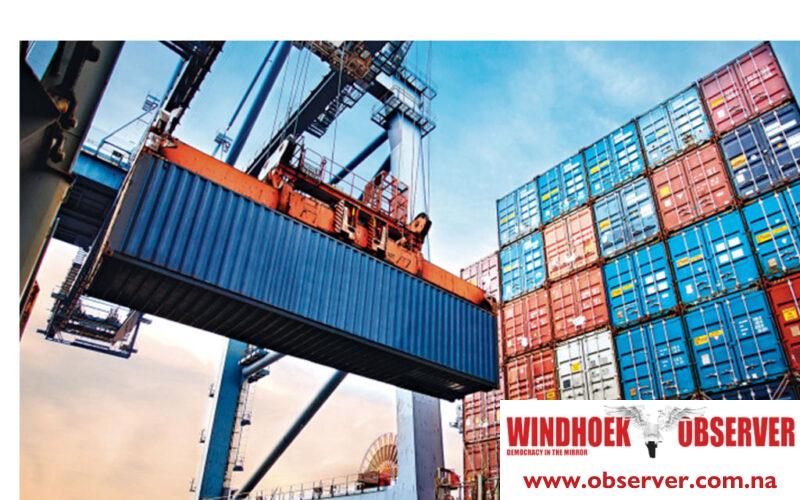Chamwe Kaira
Recent developments point to positive changes in the country’s trade environment, driven by targeted reforms and capacity-building efforts to improve efficiency, market access, and competitiveness, says Almandro Jansen, an analyst with Simonis Storm.
In March 2025, the Ministry of Industrialisation and Trade launched the Namibian Trade Information Portal. This digital platform centralises key trade information, such as customs procedures, licensing requirements, tariff schedules, investment incentives, and trade regulations.
Jansen explained that the portal reduces red tape and makes trade processes more predictable. “It is particularly beneficial for small and medium-sized enterprises seeking to engage in regional and global markets,” he said. The portal aims to lower transaction costs and support smoother cross-border trade.
At the same time, Namibia has strengthened its capacity to manage preferential trade regimes. Through the EU-WTO Rules of Origin Africa Program, the Namibia Revenue Agency (NamRA) has created a national pool of Rules of Origin (RoO) trainers.
These trainers will educate public and private sector stakeholders on how to apply RoO provisions under agreements like the African Continental Free Trade Area (AfCFTA) and the Economic Partnership Agreement (EPA) with the European Union. This effort is set to improve compliance, increase use of preferential tariffs, and help local exporters benefit more from trade deals.
Jansen also noted that the government is finalising an international trade management bill. This new legislation will update Namibia’s trade governance by strengthening the country’s negotiating power in international forums, aligning trade rules with global standards, and providing legal tools to protect local industries from unfair practices.
“It is also expected to institutionalise economic diplomacy efforts and create a more enabling environment for industrial development and value addition,” Jansen said.
In April 2025, the government announced an investment of N$885 million to upgrade telecommunications and digital infrastructure.
This will support the trade sector by speeding up customs clearance with digital systems, expanding e-commerce access, and improving trade logistics through real-time tracking and data integration.
Jansen believes the investment will reduce operational inefficiencies and boost Namibia’s competitiveness in regional and global trade.
Namibia’s trade sector recorded a deficit of N$2.7 billion in March. This was a slight worsening from February’s N$2 billion deficit but an improvement compared to the N$4.6 billion deficit reported in March last year.




